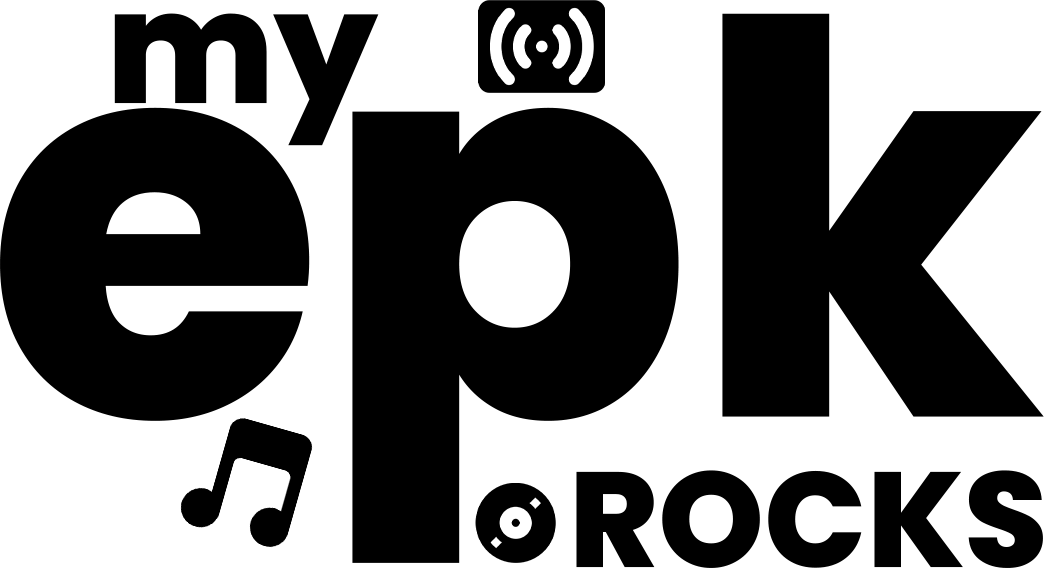Okay, buckle up, future music moguls! Whether you’re fresh out of your bedroom studio or a seasoned vet with a few tours under your belt, navigating the music industry can feel like trying to assemble IKEA furniture with instructions written in Klingon. This article is your (hopefully) more understandable guide to tackling some of the broad, headline-grabbing topics that matter to artists like you, from branding and marketing to legal stuff and making actual money.
We’re ditching the corporate jargon and keeping it real. Think of this as a chat with a slightly-more-experienced friend who’s seen some things. Ready? Let’s dive in.
I. Defining Your Vibe: Branding, Your Story, and Authenticity (Yes, That Word)
Okay, “branding.” It sounds so… corporate. But trust me, it’s crucial. It’s not just about a logo (though a cool logo helps!). It’s about everything that makes you, well, you as an artist.
- What’s Your “Why?”: Start with your why. Simon Sinek’s TED Talk on the Golden Circle (https://www.ted.com/talks/simon_sinek_how_great_leaders_inspire_action) is a classic for a reason. Why do you make music? What message do you want to send? What feelings do you want to evoke? This “why” is the core of your brand. It’s the reason people will connect with your music.
- Know Your Audience: Who are you trying to reach? Are they Gen Z TikTok fanatics? Indie rock hipsters? Country music lovers looking for a good cry? Knowing your audience dictates everything from your social media strategy to the venues you target for gigs. Create a persona or several to represent your ideal fan. What do they do for a living? What are their hobbies? What music are they already listening to?
- Craft Your Story: People connect with stories, not just songs. What’s your journey? How did you get into music? What are your influences? Be authentic (there’s that word again!). Don’t try to be something you’re not. Share your struggles, your triumphs, and your weird quirks. Think about artists like Lil Nas X – his authentic approach to social media and music is a big part of his appeal.
- Visuals Matter: Your album art, your social media feed, your website – it all needs to be cohesive and represent your brand. If your music is dark and moody, your website shouldn’t be bright and bubbly. Find a visual style that reflects your sound. Consider hiring a photographer or graphic designer, even on a freelance basis, to help you create a consistent aesthetic. Platforms like Dribbble (https://dribbble.com/) or Behance (https://www.behance.net/) are great for finding talented creatives.
- The Authenticity Factor: I know, I know, everyone talks about being “authentic.” But here’s the thing: people can smell BS a mile away. Don’t try to be someone you’re not to appeal to a specific audience. Instead, focus on being the best version of yourself. Be genuine, be vulnerable, and let your personality shine through. This is what builds genuine connections with fans.
II. Marketing Your Melodies: From Social Media to Sync Licensing
You’ve got the music, you’ve got the brand. Now, how do you get it in front of the right ears?
- Social Media is King (But Choose Your Battles): You don’t need to be on every platform. Focus on the ones where your target audience hangs out. TikTok is huge for music discovery, Instagram is great for visuals, Twitter is good for engaging in conversations, and YouTube is essential for music videos and longer-form content.
- Content, Content, Content: Consistent posting is key. Don’t just spam links to your music. Share behind-the-scenes glimpses of your creative process, interact with your fans, run contests, and create engaging video content. Tools like Buffer (https://buffer.com/) or Hootsuite (https://www.hootsuite.com/) can help you schedule your posts and manage your social media accounts.
- Paid Ads Can Help (But Start Small): Social media ads can be a great way to reach a wider audience, but start with a small budget and experiment with different targeting options. Facebook Ads Manager is powerful, but it can be overwhelming. Take some time to learn the basics before you start throwing money at it.
- Email Marketing is Still Alive!: Don’t underestimate the power of email. Build an email list of your fans and send them regular updates about your music, shows, and other news. Offer a free download or exclusive content in exchange for signing up. Mailchimp (https://mailchimp.com/) and ConvertKit (https://convertkit.com/) are popular email marketing platforms.
- Get Your Music on Streaming Platforms: Spotify, Apple Music, Amazon Music, Tidal… you need to be on these platforms. Use a distributor like DistroKid (https://distrokid.com/), TuneCore (https://www.tunecore.com/), or CD Baby (https://cdbaby.com/) to get your music distributed. Do your research to find the distributor that best fits your needs and budget.
- Sync Licensing: Get Your Music in TV, Film, and Games: Sync licensing is when your music is used in movies, TV shows, commercials, and video games. It can be a lucrative revenue stream, but it’s also competitive. You can either work with a sync licensing agent or pitch your music directly to music supervisors. Taxi (https://www.taxi.com/) is a service that connects artists with music supervisors and publishers.
- Public Relations (PR): Getting press coverage can be a huge boost for your career. Reach out to music bloggers, journalists, and radio stations. Write a compelling press release and have a strong online presence. You can hire a PR firm or do it yourself, but be prepared to put in the work.
III. The Legal Stuff: Copyrights, Contracts, and Getting Your Ducks in a Row
Okay, this is the part that makes most artists want to run screaming, but it’s essential. Ignoring the legal side of things can lead to serious problems down the road.
- Copyright 101: As soon as you create a song, you automatically own the copyright. However, registering your copyright with the U.S. Copyright Office (https://www.copyright.gov/) provides you with stronger legal protection in case of infringement. Learn about the different types of copyrights (musical composition vs. sound recording) and how to protect your work.
- Splits are Crucial: If you collaborate with other songwriters, make sure you have a written agreement outlining how the royalties will be split. This is called a “split sheet.” Get it in writing before you release the song. Trust me, this can save you a lot of headaches later on.
- Understanding Contracts: You’ll likely encounter various contracts throughout your career, from record deals to publishing agreements to booking contracts. Never sign anything without reading it carefully and understanding what you’re agreeing to. If you’re unsure, hire a lawyer to review the contract for you. A little legal advice upfront can prevent major problems later.
- Performance Rights Organizations (PROs): PROs like ASCAP (https://www.ascap.com/), BMI (https://www.bmi.com/), and SESAC (https://www.sesac.com/) collect royalties on behalf of songwriters and publishers when their music is performed publicly. If you write your own songs, you need to affiliate with a PRO to get paid for those performances.
- Record Deals: Proceed with Caution: Record deals can be tempting, but they’re not always the best option. Understand the terms of the deal, including the royalty rates, the ownership of your masters, and the label’s marketing commitment. Consider whether you’re better off remaining independent and building your career on your own terms.
IV. Making Money (and Surviving as an Artist): Revenue Streams and Financial Savvy
Let’s be honest, making a living as a musician is tough. You need to diversify your income streams and be smart with your money.
- Beyond Streaming Royalties: Streaming royalties are notoriously low. Don’t rely on them as your sole source of income.
- Merchandise: Sell t-shirts, hats, posters, and other merchandise at your shows and online. Sites like Printful (https://www.printful.com/) offer print-on-demand services, so you don’t have to invest in a lot of inventory upfront.
- Live Performances: Gigs are a great way to connect with your fans and earn money. Start small, build your local following, and gradually work your way up to bigger venues and festivals.
- Patreon and Other Fan Subscription Services: Patreon (https://www.patreon.com/) allows you to create a membership program for your fans, offering them exclusive content and experiences in exchange for a monthly subscription. This can provide a more stable and predictable income stream.
- Teaching Music: If you’re a skilled musician, consider offering lessons to students. You can teach in person or online.
- Session Work: If you’re proficient on an instrument, you can offer your services as a session musician for other artists.
- Crowdfunding: Use platforms like Kickstarter (https://www.kickstarter.com/) or Indiegogo (https://www.indiegogo.com/) to raise money for your next album or tour.
- Budgeting and Financial Planning: Create a budget and track your income and expenses. Consider working with a financial advisor who specializes in working with artists.
- Invest in Yourself: Invest in your education, your equipment, and your marketing. Continuously learn and improve your skills.
- Don’t Be Afraid to Ask for Help: There are many organizations that offer grants and funding opportunities for artists. Do your research and apply for anything that fits your needs.
- Check out government arts funding programs such as the National Endowment for the Arts (https://www.arts.gov/)
V. Mental Health and Burnout: Taking Care of Yourself in a Demanding Industry
The music industry can be incredibly stressful. It’s important to prioritize your mental health and well-being.
- Recognize the Signs of Burnout: Constant exhaustion, cynicism, decreased motivation, and feeling overwhelmed are all signs of burnout.
- Set Boundaries: It’s okay to say no to gigs or opportunities that don’t align with your goals or values.
- Take Breaks: Schedule regular breaks from music to recharge and do things you enjoy.
- Build a Support System: Surround yourself with friends, family, and mentors who understand the challenges of the music industry.
- Seek Professional Help: If you’re struggling with anxiety, depression, or other mental health issues, don’t hesitate to seek professional help. There are therapists and counselors who specialize in working with artists.
- Practice Self-Care: Eat healthy, exercise regularly, and get enough sleep. These basic self-care practices can make a big difference in your mental and physical health.
VI. Networking and Collaboration: Building Your Tribe
The music industry is all about relationships. Networking and collaboration are essential for your success.
- Attend Industry Events: Go to concerts, conferences, and workshops. Meet other musicians, producers, managers, and industry professionals.
- Collaborate with Other Artists: Collaborating with other artists can expose you to new audiences and expand your creative horizons.
- Be a Good Person: Treat everyone with respect, be reliable, and be easy to work with.
- Don’t Be Afraid to Reach Out: If you admire someone’s work, don’t be afraid to reach out and introduce yourself.
- Offer Value: Don’t just ask for favors. Offer your skills and services to others.
- Build Genuine Relationships: Don’t just network for the sake of networking. Focus on building genuine relationships with people you connect with.
VII. The Long Game: Persistence, Adaptability, and Never Giving Up (Unless You Want To)
Building a successful music career takes time, effort, and resilience. There will be setbacks and challenges along the way.
- Be Patient: Don’t expect overnight success. It takes time to build a following and establish yourself in the industry.
- Be Persistent: Don’t give up easily. Keep creating music, keep performing, and keep networking.
- Be Adaptable: The music industry is constantly changing. Be willing to adapt to new technologies and trends.
- Learn from Your Mistakes: Everyone makes mistakes. The key is to learn from them and move on.
- Celebrate Your Successes: Take time to celebrate your accomplishments, no matter how small.
- Never Stop Learning: The music industry is constantly evolving. Stay up-to-date on the latest trends and technologies.
- Know When to Pivot: Sometimes, even with all the hard work in the world, a particular direction might not be working. Don’t be afraid to reassess and pivot your strategy if necessary. It’s not failure, it’s adaptation!
Final Thoughts:
The music industry is a wild ride, but it can also be incredibly rewarding. By focusing on your branding, marketing, legal stuff, finances, mental health, networking, and persistence, you can increase your chances of success and build a fulfilling career doing what you love.
Remember, there’s no one-size-fits-all path to success. Find what works for you, stay true to yourself, and never stop creating. Good luck out there! Now go make some noise!


